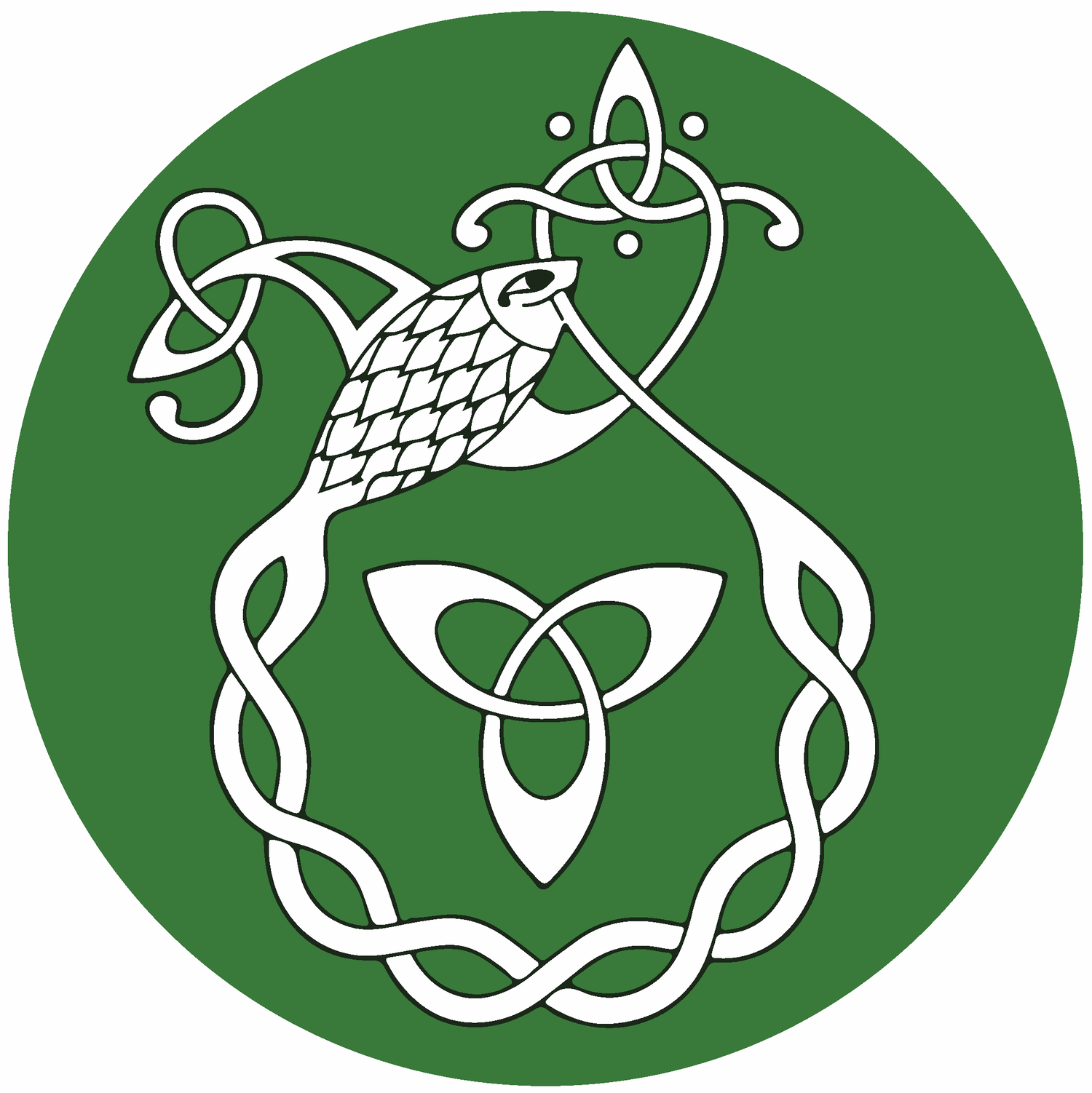Donnchadh Ruadh i dTalamh an Éisc Rabhcán (1745-1758)
Donnchadh Ruadh Mac Conmara, composed in St. John’s, Newfoundland
The poet Donnchadh Ruadh mac Con-mara lived in St. John’s Newfoundland for a period from 1745-1758. The tension between the Irish coddies and English soldiers in St. John’s is given sharp focus in Donnchadh’s song “As I Walked Out One Evening Fair.” It was composed ad-lib, during his visit to a public house where English soldiers and Irish fishermen were drinking.
The song alternates English and Irish lines. Donnchadh first praises the English and the Newfoundland settlement in the English language, which would be understood by both the Gaelic fishermen and the English soldiers present. He then immediately turns those praises into mockery in the Irish language, understood only by the Irish “coddies.”
As I was walking one evening fair,
Agus mé go déanach i mBaile Sheáin;
I met a gang of English blades,
Agus iad á dtraochadh ag neart a namhad:
I boozed and drank both late and early,
With these courageous men of war;
‘S gur bhinne liom na Sacsanaigh ag rith ar éigin,
‘S gan de Ghael ann ach fíorbheagán.
As I was walking on evening fair,
And I lately in St. John’s;
I met a gang of English blades,
And them exhausted by their opponent’s might:
I boozed and drank both late and early,
With these courageous men of war;
And melodious for me the Saxon foe forced to flee,
And without their Gaelic victors being but so few.
I spent my fortune by being freakish,
Drinking, raking, and playing cards;
Cé nach raibh airgead agam ná gréithre,
Ná rud sa tsaol ach ní gan áird.
Then I turned a jolly tradesman,
By work and labour I lived abroad;
Is bíodh ar m’fhallaing gur mór an bhréag sin,
‘S gur beag den saothar do thit lem’ láimh.
I spent my fortune by being freakish,
Drinking, raking, and playing cards;
Although I didn’t have money or possessions
Nor any worldly thing except unmentionable things.
Then I turned a jolly tradesman,
By work and labour I lived abroad;
And I swear on my cloak that is a great lie,
And only a small bit of labour fell by my hands.
Newfoundland is a fine plantation;
It will be my station before I die;
‘S mo chrá go mb’fhearr liom a bheith in Éirinn,
Ag díol gáirtéirí ná ag dul faoin gcoill.
Here you may find virtuous lady;
A smiling fair one to please your mind:
An paca stagaí is measa tréithe!
Go mbeire mo shaol ‘bheith as a radharc.
Newfoundland is a fine plantation;
It will be my station before I die;
And my anguish that I woud prefer to be in Ireland
Selling garters or going about the woods.
Here you may find virtuous lady;
A smiling fair one to please your mind:
The pack of old nags of the worst traits,
I’d give my life to be out of their sight.
I’ll join in fellowship with “Jack-of-all-trades,”
The last of August could but I see:
‘S tá a fhios ag Coisdealbhadh, ‘s is maistir báid é.
Gurab olc an lámh mé ar muir ná ar tír.
If fortune smiles then, I’ll be her darling,
But if she scorns my company,
Déanfad bun os toll in airde,
‘S is fada ón áit seo a bheidh mé arís.
I’ll join in fellowship with “Jack-of-all-trades,”
The last of August could but I see:
Costello knows, and him the boat’s master,
That I would be a terrible help on sea or on land.
If fortune smiles then, I’ll be her darling,
But if she scorns my company,
I’ll make a confused vulgarity of it,
And it’s far from here I’ll be again.
Come drink a health, boys, to Royal George,
Our chief commander, nár órduigh Críost:
Is bíodh bhur n-achainí chun Muire Mháthair
É féin ‘s a ghardaí do leagadh síos.
We’ll fear no cannon nor war’s alarms,
While noble George will be our guide:
‘S a Chríost go bhfeicfidh mé an bhrúid dá carnadh,
Ag an Mac* seo ar fán uainn thall sa bhFrainc.
Come drink a health, boys, to Royal George,
Our chief commander, not ordained by Christ
And let your pleas be to Blessed Mary
Himself and his guards to fell.
We’ll fear no cannon nor war’s alarms,
While noble George will be our guide:
And oh Christ that I may see the brute being pounded
By this Son* in exile over in France.
*The exiled Jacobite pretenders, with the failed Jacobite Rising of 1745 occurring around the time of Donnchadh Ruadh’s arrival in Newfoundland for his first period there.
Adapted from: Doyle, Danny. 2015. Míle Míle i gCéin: The Irish Language in Canada. Borealis Press: Ottawa.
For citation, please use: Mac Conmara, Donnchadh. 18th C. “Donnchadh Rua i dTalamh-an-Éisc Rabhcán.” Ó Dubhghaill, Dónall. 2024. Na Gaeil san Áit Ró-Fhuar. Gaeltacht an Oileáin Úir: www.gaeilge.ca

